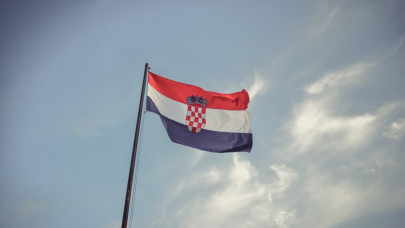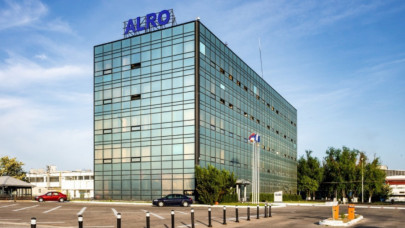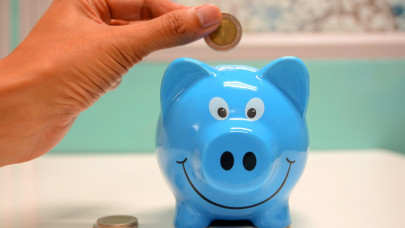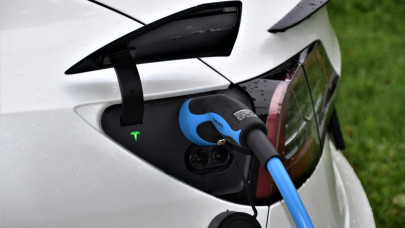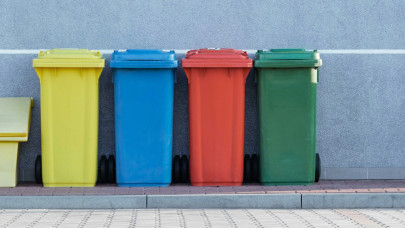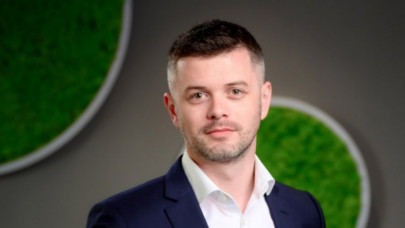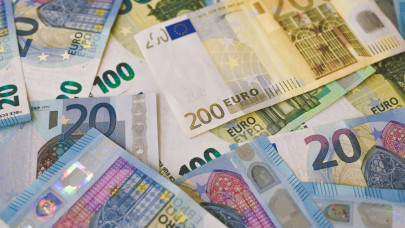This initiative is bolstered by additional support totaling up to €12 million in grants, sourced by the EBRD from the Swiss State Secretariat for Economic Affairs, the European Union through the Regional Energy Efficiency Programme, and the government of Austria via the Renewable District Energy in the Western Balkans Programme. The Ministry of Mining and Energy will lead the implementation in collaboration with participating municipalities and district heating firms.
The loan agreement signing ceremony was attended by Minister of Finance Siniša Mali, Minister of Mining and Energy Dubravka Đedović Handanović, and EBRD President Odile Renaud-Basso. Also present were H.E. Urs Schmid, Ambassador of Switzerland to Serbia, H.E. Christian Ebner, Ambassador of Austria to Serbia, and Elvira Angulo Rodrigues, Head of Operations I at the EU mission in Serbia.
Minister Siniša Mali highlighted the significance of the contract for Serbia, emphasizing its role in improving air quality, increasing energy efficiency, and expanding renewable energy sources in thermal energy production. He underscored ongoing investments in the energy sector under the Leap into the Future - Serbia 2027 program, aimed at enhancing economic growth and energy security.
Minister Dubravka Đedović Handanović noted the comprehensive financial backing secured for the project, totaling €40.5 million, including €10.5 million in grants from European partners. She highlighted the project's impact on enhancing district heating systems in multiple cities, integrating innovative technologies such as solar collectors, heat pumps, and geothermal sources to boost energy efficiency and reduce carbon emissions.
EBRD President Odile Renaud-Basso expressed satisfaction with financing a pioneering project aimed at transformingSerbia's district heating systems. Given the country's current heavy reliance on fossil fuels and inefficient energy practices, the initiative promises substantial environmental benefits and improved energy security, benefiting local communities through enhanced air quality and living conditions.
The project targets significant reductions in carbon emissions, estimated at around 14,600 tonnes of CO2 equivalent annually, alongside substantial savings in water and energy. It will focus on upgrading district heating operations in Pančevo, Vršac, Kraljevo, Niš, Bogatić, Bečej, Kruševac, Novi Pazar, Paraćin, and Kragujevac, incorporating advanced technologies to maximize renewable and waste heat utilization.
This project marks a milestone in southeastern Europe, aiming to decrease Serbia's reliance on imported fossil fuels, particularly natural gas, for heating and cooling. The EBRD's continued commitment to Serbia includes over €9 billion invested across 355 projects, primarily supporting private-sector initiatives focused on competitiveness, green-energy transitions, and sustainable infrastructure.


